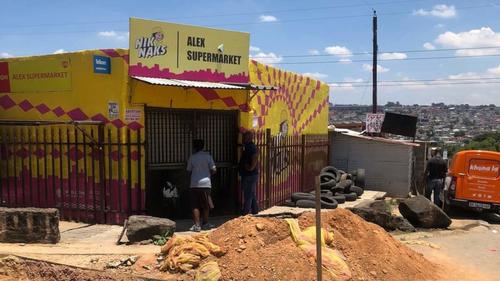News
Caution Advised: Residents Urged to Stay Vigilant in Spaza Shop Purchases

Residents of the City of Ekurhuleni are cautioned to exercise vigilance when buying from spaza shops. This warning comes in response to a series of incidents that have resulted in the unfortunate deaths of at least six children and the hospitalisation of several others across the country. SANews reports that the incidents are allegedly linked to the consumption of expired or counterfeit goods obtained from spaza shops and street hawkers.
The City’s Environmental Health Practitioners (EHPs) have heightened food hygiene and safety inspections at food handling premises to address this issue. The city urges the public to buy foodstuffs only from premises holding a Certificate of Acceptability, issued after inspections, to ensure compliance with all food safety requirements.
Also read: Rabie Ridge Police Carry Out Spaza Shop Compliance Operation
Residents are provided with guidelines to identify the freshness of food items:
- “Date of minimum durability” (“Best Before” or “Best Before End”): This indicates the end of the period under specified storage conditions during which the product remains marketable and retains claimed qualities. Beyond this date, the food may still be suitable for consumption.
- “Sell by” or “display until”: This marks the last day of sale to consumers, allowing a reasonable storage period at home. Items past this date must be removed from shelves and not sold for human consumption.
- “Use By” (Best Consumed Before, recommended last consumption Date, Expiry Date): Signifying the end of the estimated period under stated storage conditions, after which the product may lack expected quality attributes. Items with this marking must be removed from shelves and not sold for human consumption.
Certain foods are exempt from date markings, including alcoholic products, chewing gum, untreated fruits and vegetables, and sugars.
Residents are encouraged to report any shops selling expired or counterfeit products to the City of Ekurhuleni environmental health offices. However, the public is strongly discouraged from impersonating EHPs by inspecting and seizing foodstuff from shops. Such actions are considered impersonation of an environmental health professional and violate the Health Professions Act, 56 of 1974.
Also read:
Picture: X / nyebe_official
Follow us on Google News.






















